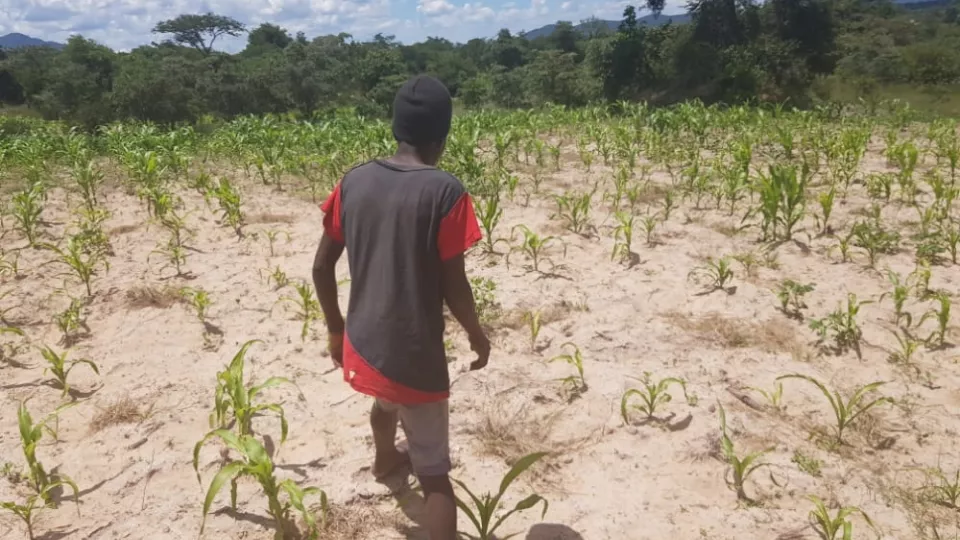
ARC Replica
"Early intervention through insurance drastically increases the number of people who can be helped" - Nelly Maonde, Start Network Country Disaster Risk Finance Coordinator - Zimbabwe

"Early intervention through insurance drastically increases the number of people who can be helped" - Nelly Maonde, Start Network Country Disaster Risk Finance Coordinator - Zimbabwe
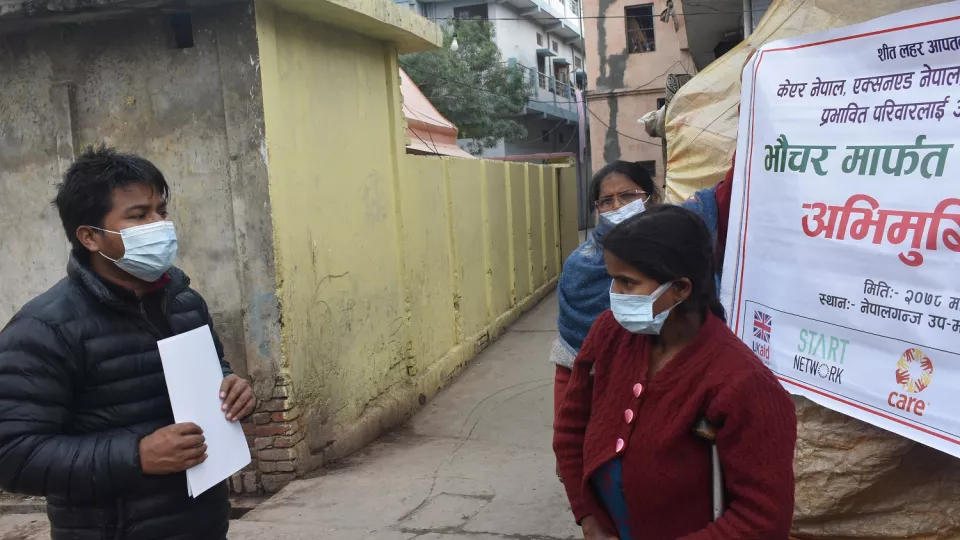
Geospatial data, data visualisation and information management are critical to anticipatory action. As a trusted leader in these fields MapAction has been selected to partner with the Start Network to assist with our programmes of anticipatory and early action.
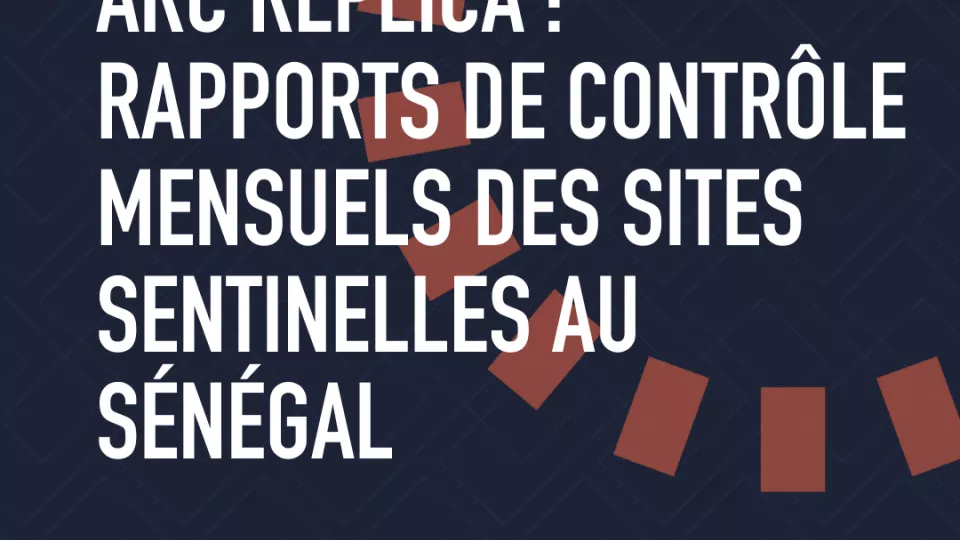
Cette ressource fournit six rapports de mars/avril à septembre 2020 et résume la situation des moyens de subsistance des ménages par rapport à : l'agriculture et la disponibilité de l'eau, la santé des ménages, et la sécurité alimentaire, et l'accès aux prêts.
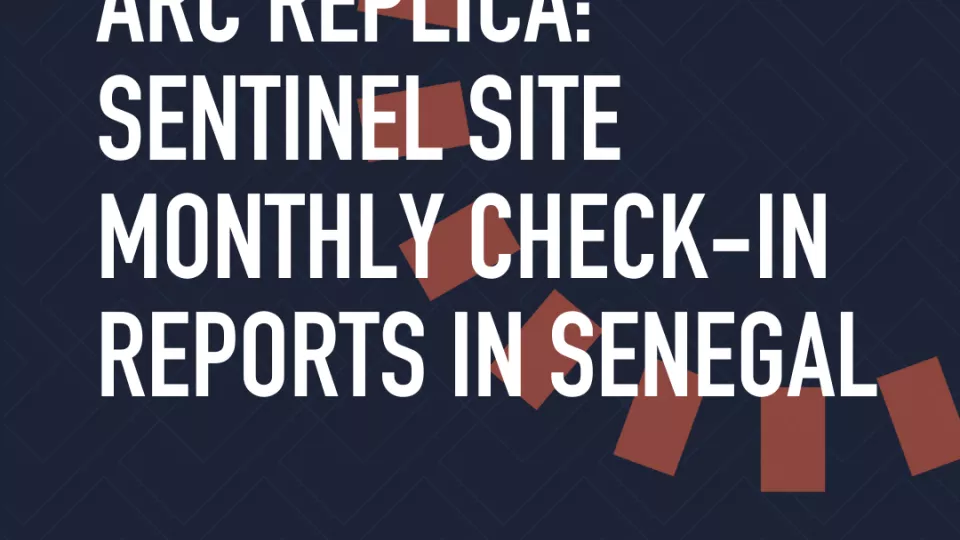
This resource provides six reports from March/April- September 2020 and summarises household's livelihood situation in relation to: agriculture and water availability, household health, and food security, and accessing loans.
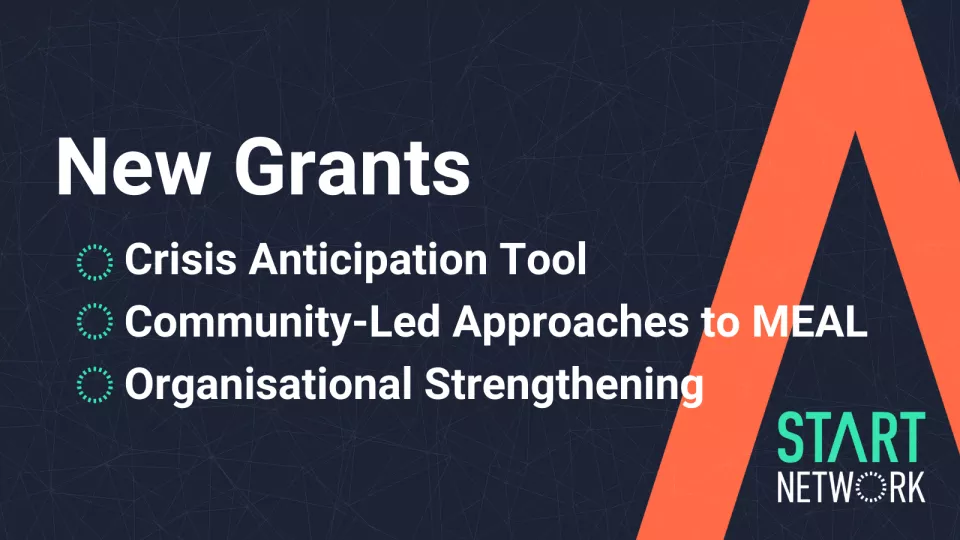
Start Network has launched three new grants that will enable members to access funds in order to accelerate locally led anticipatory action and community-led approaches to monitoring, evaluation, accountability and learning.

স্ার্ট ননরওয়াল্্টর ২০২১ সালের নশষ তরিমারসল্র (র্উ৪) প্রধান প্রধান রশষোগুলোর সংরষেপ্ত রিিরণ এই তরিমারস্ রশখন সারসংলষেলপ (ন্ায়ার্টাররে োরন্টং ররেফ – র্উএেরি) ত়ুলে ধরা হয়। সারা িের জ়ুলড নশয়ার ্রা রশষোসমূহ এরালত সং্রেত ্রা হয় এিং প্রেম, রবিতীয় ও তৃতীয় তরিমারসল্ (এখালন র্উ১’র্ রশখন সারসংলষেপ পড়ুন) (এখালন র্উ২’র্ রশখন সারসংলষেপ পড়ুন) (এখালন র্উ৩’র্ রশখন সারসংলষেপ পড়ুন) এরা সরিরাহ ্রা হয়।
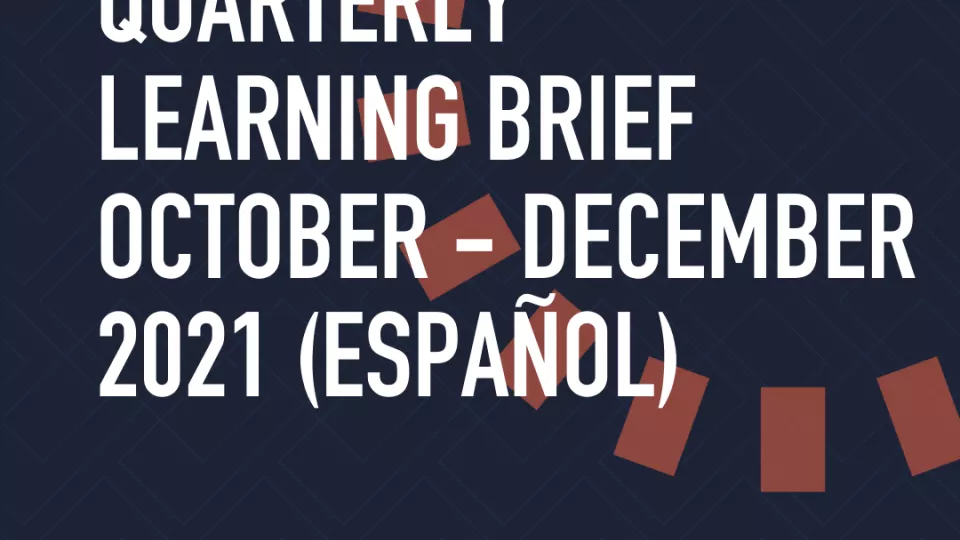
Este informe de aprendizaje trimestral (QLB) resume algunos de los aprendizajes clave de la Red Start del último trimestre (Q4) de 2021. Completa el aprendizaje compartido a lo largo del año y proporcionado en el primer, segundo y tercer trimestre.

Cette note trimestrielle d'apprentissage (QLB) résume certains des principaux apprentissages du Start Network au cours du dernier trimestre (Q4) de 2021. Il complète l'apprentissage partagé tout au long de l'année et fourni aux T1, T2 et T3.
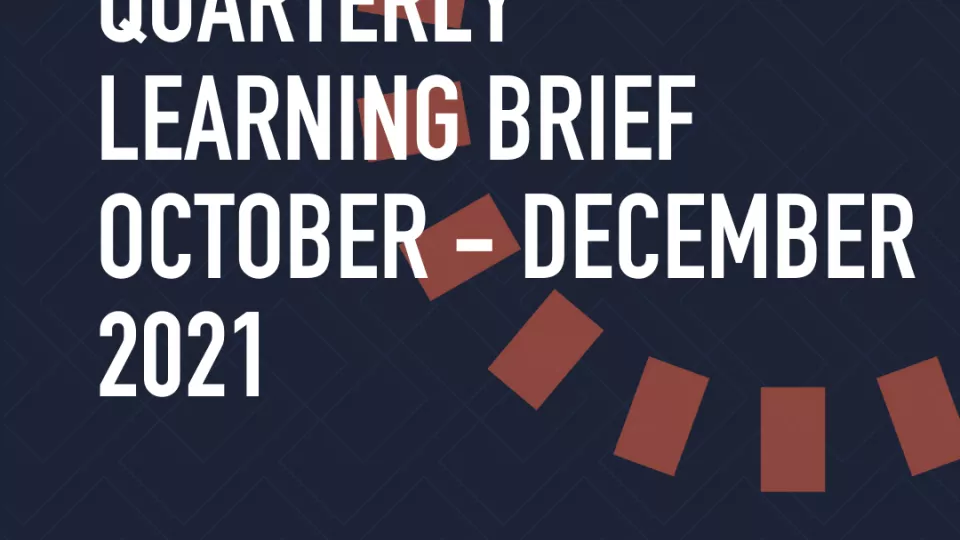
This quarterly learning brief (QLB) summarises some of Start Network’s key learning from the last quarter (Q4) of 2021. It completes the learning shared across the year and provided in Q1, Q2 and Q3.
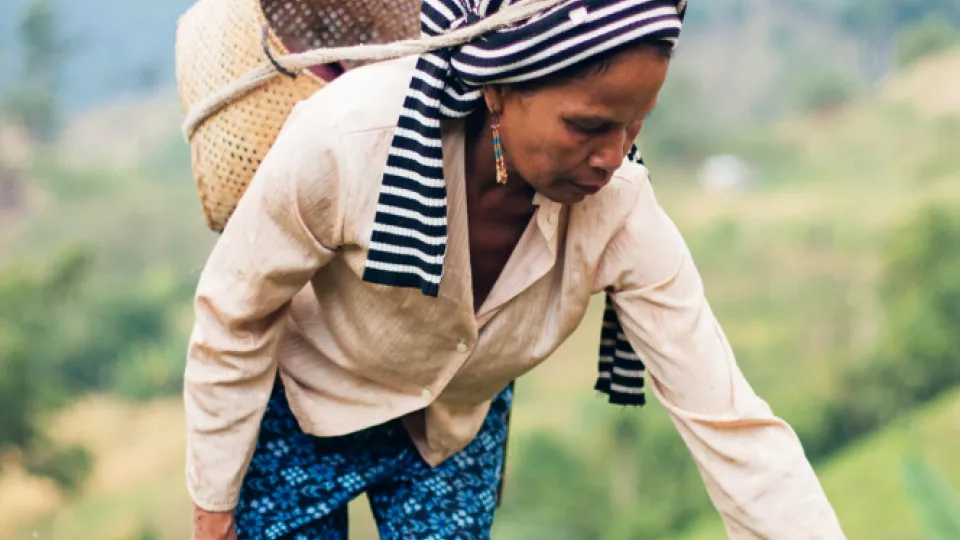
The conduct of the missing voices approach in understanding the role of gender in disaster risk financing for the Philippines provided several emerging themes. Themes vary from disaster preparedness activities, early action, as well as barriers and challenges which need to be considered in developing a local DRF system. Start Network recognizes the importance of experiences as a learning mechanism to devise ways to help in improving disaster preparedness, access to information, and early action given the gendered needs of people.